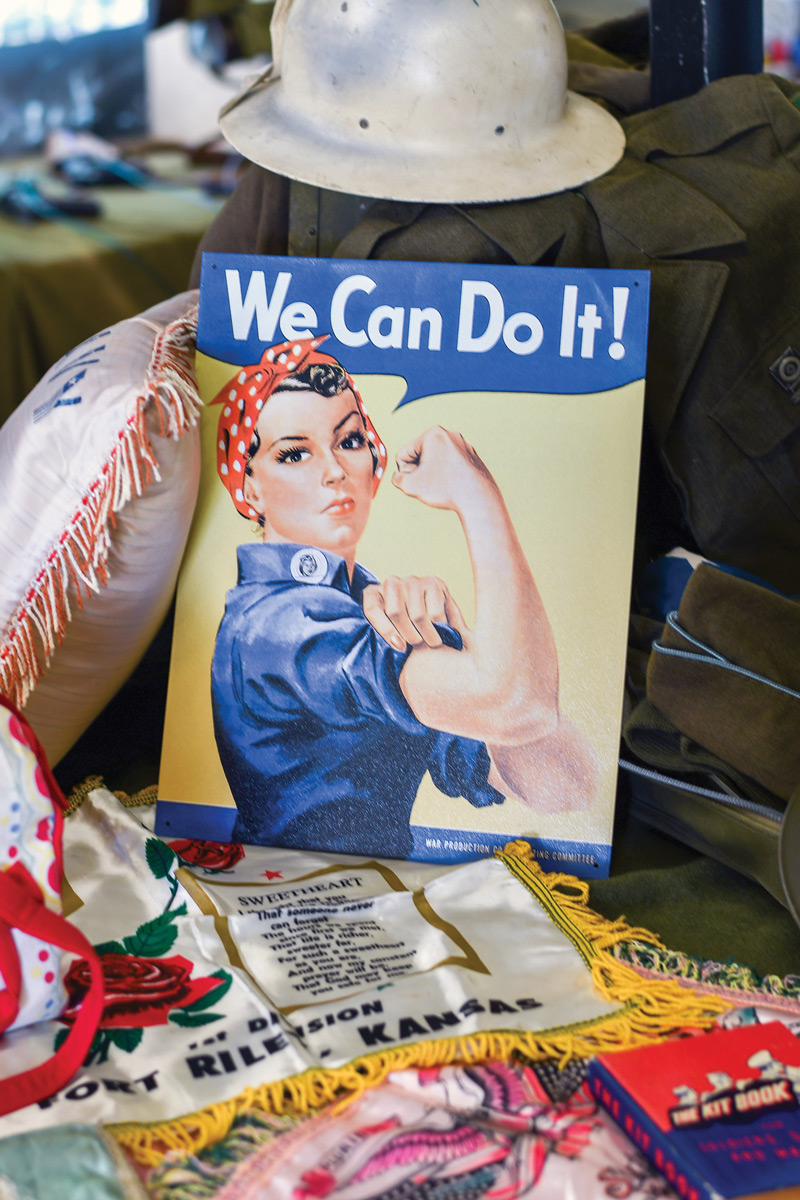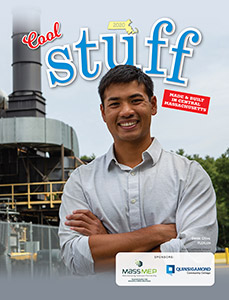
Photo/ Michael Papetti
Although they comprise still a disproportionately small part of the workforce, Massachusetts women have carved out careers in the industry
The U.S. Bureau of Labor Statistics says although women make up almost 47% of the workforce, they have been and remain substantially underrepresented (relative to their share of total employment) in professions such as manufacturing, where women only account for 30% of workers in the industry as of 2017.
According to the U.S. Census Bureau, it’s a percentage that hasn’t changed much since the 1970s, peaking at 33.2% in 1990.
These jobs now rely on advanced technology, and workers with STEM skills.
For women who do enter the field of manufacturing, potential benefits – literally and figuratively – are promising. The 2018 IndustryWeek Salary Survey shows an average manufacturing salary in New England, with 8.5% respondents weighing in, is $122,000, and 69% of overall respondents said they are satisfied with their job in the field.
Here are three women in Massachusetts who came to the field in different ways and are now in various stages of career growth.
Brienne Allen, craft brewing
Salem resident Brienne Allen is the production manager of Notch Brewing, in Salem. Raised in Upton, she explored many interests and potential careers before entering the competitive field of brewing beer.
Allen was originally on a pre-med track; she spent a year studying healthcare at Emmanuel College in Cambridge, eventually deciding it wasn’t for her.
Then, it was art. She enrolled in Montserrat College of Art in Beverly. In this roundabout way, she learned some of the things she liked to do are required in the manufacturing field.
“I thought it was photography I was into, but I liked the sculpture and design aspect and building things,” Allen said.
As part of her art classes, she took woodworking and welding, which resonated. During the time she was enrolled, craft brewing began gaining traction as an industry, which interested her.
As it worked out, she waited to attend brew school until after she earned her bachelor’s degree in fine art from Montserrat and was glad she did. Getting basic aspects also applying to manufacturing under her belt in a thorough, more formal way has served her well in terms of practical application.
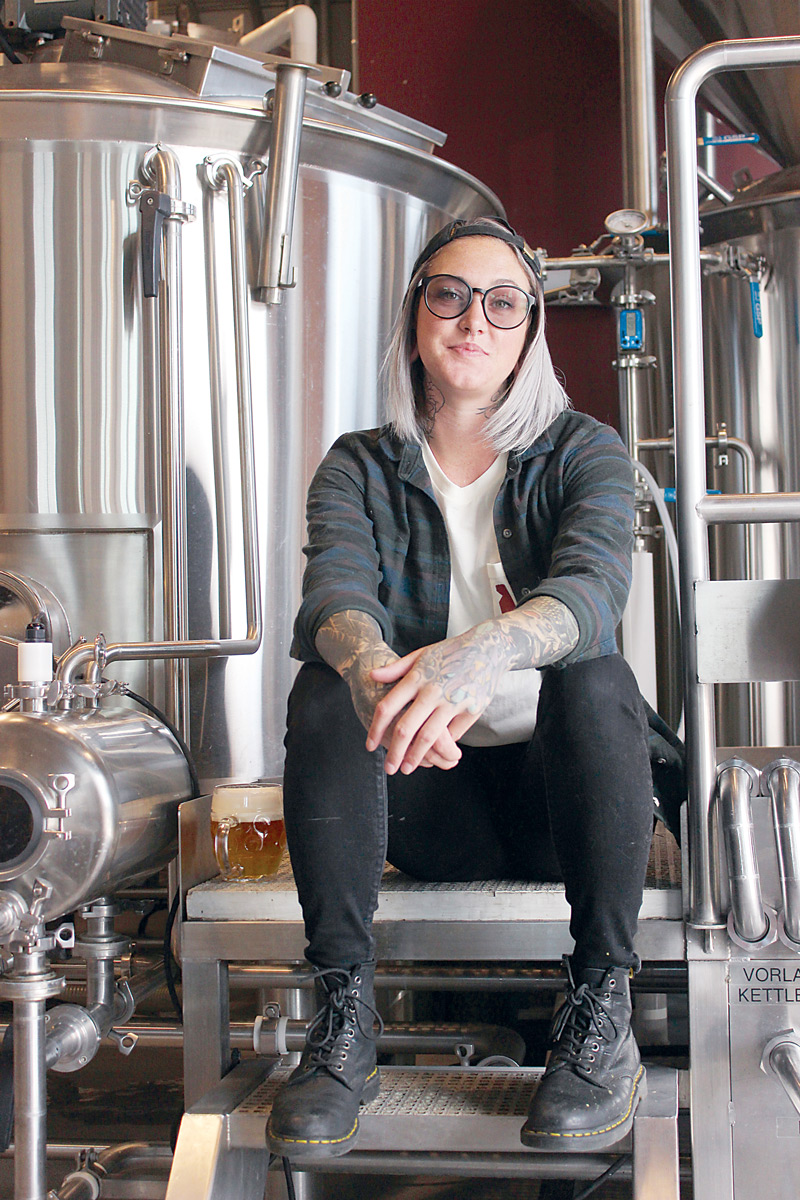
Photo/ Michael Papetti
Brienne Allen, 29
Production manager at Notch Brewing, Salem
Lives: Salem
Worldwide leader: She’s chapter leader of Pink Boots Society, which assists and inspires women in the Massachusetts beer industry to advance their careers through education.
“The brewing program is extremely technical, and you wouldn’t be able to utilize the information and explain why you are doing what you are doing,” without conceptual understanding of processes like heat transfers, Allen said, which concern successful temperature consistency during fermentation.
At Notch for two years now, she has worked her way up to production manager, but started out cleaning kegs, working in packaging and bottling before getting into the brewing and cellaring processes, which she refers to as the most important parts of brewing.
“It all has to do with the fermentation aspects of beer – making sure it’s all sterile and sanitary, or it will go bad and spoil,” Allen said.
Allen believes there are as many women involved in brewing as men — more, in fact. They just may not be as visible. From her vantage point, anyone can come to the field with little or no experience. The challenge is to get your beers noticed out in the marketplace, Allen said.
“There are just so many of us now, it’s a challenge for brewers to make their beers different,” she said.
(She also said she enjoys drinking wine.)
“There are just so many of us now, it’s a challenge for brewers to make their beers different.”
— Brienne Allen
Andrea Patisteas, medical devices
Andrea Patisteas, senior executive vice president of Stoughton medical-device maker Primo Medical Group and a managing board director of Arthrosurface in Franklin – had started on a different path, initially.
Rehabilitation counseling was her first interest, she said. She got her undergraduate degree in special education from Bridgewater State University.
It was while working in a Boston co-op program with folks who were deaf and blind, said Patisteas, she realized she liked the business side of the work more than the counseling side of it. Her master’s degree was in counseling and business support from Northeastern University in Boston.
But Patisteas sees all experience as relevant and applicable. Overseeing marketing and finance operations may seem far removed from working with people with disabilities, but all experiences offer value.
“I believe that you don’t have to go into something specific,” she said. “Most jobs are on-the-job training. You have to have aptitude.”
As an example, she tells a story of a maintenance worker at Primo Medical who now runs a cleanroom there, having shown an ability to learn and succeed.
With more than 25 years in the field, Patisteas is also a founder of Cardiosolutions of East Bridgewater, wearing many other manufacturing-industry hats as well, with other companies and spinoffs.
For Patisteas, it comes down to basics on what is required to do well in manufacturing.
For one thing, she goes into business with people who think the same way she does and are willing to work very hard. Being responsive is another key to her success.
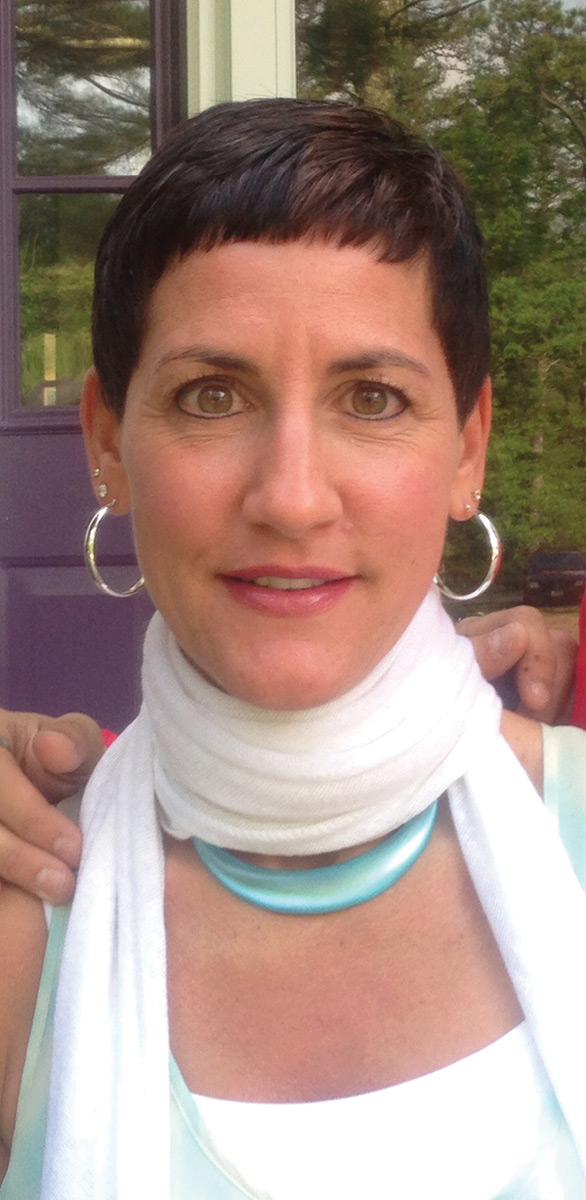
Andrea Patisteas, 53
Senior executive vice president of Primo Medical Group, Stoughton
Lives: Rochester
In her sights: She is a big game hunter.
“Most successful people I know answer the phone and respond to emails,” she said. “Our reputation became such that we responded. I don’t have voicemail on my phone at work. My work phone gets transferred to my cell. And we are group that all think the same way.”
As for her rehabilitation counseling interest, it’s surfaced in her life, Patisteas said.
When she was in her 20s, Patisteas and her husband adopted a man with Down’s Syndrome after the man’s mother died. Patisteas met him while volunteering at the Kennedy-Donovan Center. He lived with her family until his death a few years ago, a figure in her children’s lives growing up.
Patisteas is also a director of The Ocular Immunology Foundation, dedicated to finding cures for ocular inflammatory disease, a rare condition with which a family member was diagnosed.
“I believe that you don’t have to go into something specific. Most jobs are on-the-job training. You have to have aptitude.”
— Andrea Patisteas
Katie Babineau, paper
Sometimes, when you interview at a company and you don’t get the job, but they say will keep your resume on file, they actually do – and call you a few months later.
That’s what happened with Katie Babineau of Gardner’s Seaman Paper Company, which makes decorative tissue papers. (They make the tissue paper served with Dunkin Donuts’ doughnuts, for example, in Victoria’s Secret lingerie boxes and bags, and the airborne confetti raining down at concerts and Super Bowl games.)
Beyond those cool tissue-paper uses, it’s a love of learning and curiosity about new things that has led Babineau to manufacturing and keeps her there.
Retail ultimately led her to quality control and manufacturing.
While working at a shoe store part time in high school, Babineau was asked to be an assistant manager of the shop. She worked her way up to manager, and went to college at night earn her associate’s degree. One day Babineau interacted with a quality manager for Reebok, who told her she had an eagle eye when it came to product quality. She was given some new responsibilities.
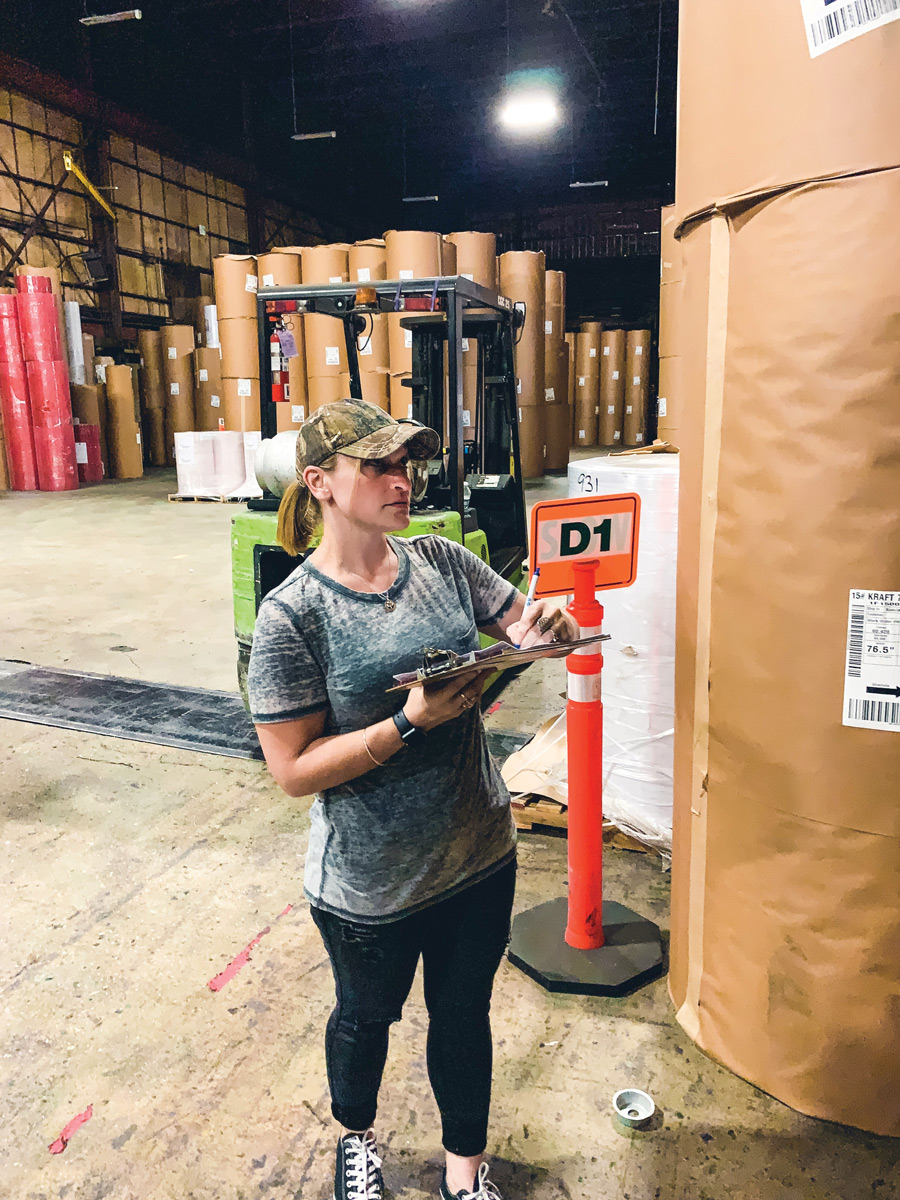
Katie Babineau, 36
Assistant production manager at Seaman Paper Co., Gardner
Lives: Winchendon
What team do you play for? She plays dek hockey in a tournament league and recreational league.
“I got to test shoes before went they went to customers,” she said, “running on a treadmill, on pavement, testing them on women to see how they fit. It was a pretty cool job. I had a corporate credit card and got to buy shoes and compare them.”
Babineau eventually left that position, and after some time as a stay-at-home-mom, went looking again for work, landing the role at Seaman.
So with her associate’s degree in business administration from Gardner’s Mount Wachusett Community College under her belt, Babineau started at Seaman in customer service five-and-a-half years ago. She honed on learning as much as she could in every department of the paper company and eventually moved over to the production side.
“I’m the type of person who just can’t settle; I always want to learn more,” she said. It was with little things at first, but she worked hard to retain more information as she went along. As it turned out, Babineau’s customer-service skills had set her up for success in production.
“It helped me tremendously … to know their needs and knowing who could wait and who couldn’t,” she said. “I learned firsthand how paper was made. I honestly love my job and look for what I can do to make things easier and quicker for everyone.”
And Babineau is seeing more women in the field. A year ago, the company hired a female human-resources director. Many machine supervisors are female now, said Babineau.
Though she still oversees some of the larger retail clients from a customer-service standpoint, her production role involves scheduling of machines and operators across locations, inventory management, trying to fit in rush orders and making sure products are made, produced and shipped on time.
Always up for a challenge, Babineau is even getting her forklift-operation license, too, believing that the more cross training, the better.
“They always laugh at me,” she said, “But I want to see how it’s done, how difficult it is! We want to make sure numbers are on point so we are producing quality and quantity, and there are a lot of different operators who are cross-trained.” ◾
